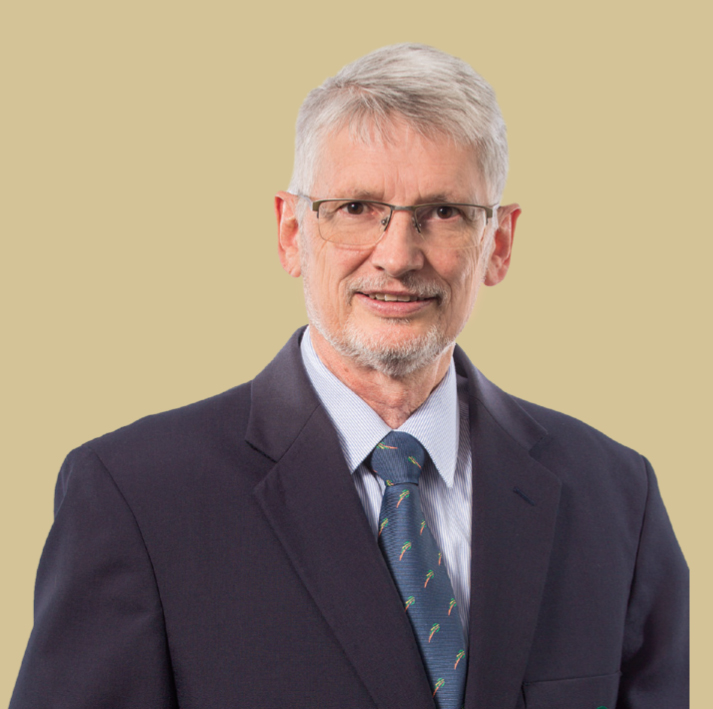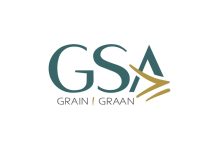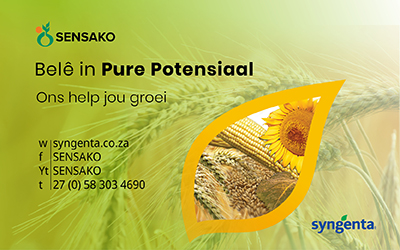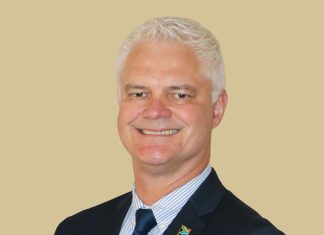
Company secretary,
Grain SA Group of Entities
Change management is real for Grain SA. There is no comfort zone for the organisation or its members, given a changing environment in fast track. In essence, the only constant is change.
Many years ago, the well-known scientist Darwin wrote that not the strongest of species will survive, but those that can adapt. That was the essence of his evolution theory. The same is true for organisations or businesses. They simply cannot continue with management models of 20 years or older. Whilst values of integrity, honesty and transparency will never be negotiable, growing forward as an organisation means that new opportunities should be utilised in full. Never waste a good crisis – no growth is possible within a comfort zone.
Change management requires effective leadership to find out-of-the-box solutions. This entails decisions taken with due care, skill and diligence that will result in benefits to the organisation and its members in the long run.
A challenge for the Grain SA leadership was the key question on who the controlling mind within the organisation is. This was not clearly reflected in the constitution of the organisation, as the de facto highest authority in terms of the constitution depended whether either Congress, the Executive or the MCE (Management Committee of the Executive) were in session. Legally, it is impossible to determine accountability with a moving highest authority depending on which structure within the organisation is in session. However, for good governance, it is imperative to have clear directives in the founding document of the organisation to determine who is accountable for decisions, and to confirm a clear delegation of authority.
Let us park this brainteaser on the side in the meanwhile.
The second major challenge for Grain SA was to bat the curveball relating to the conditions for tax exemption applicable to Grain SA as a non-profit organisation. The main player in the field is section 30B of the Income Tax Act. The essence of the section is that Grain SA, in terms of the conditions for tax exemption, has to ensure that 90% of its income is from member-related sources, and not more than 10% from other sources of income.
New group architecture
These matters impacted directly on the business model of Grain SA and had to be addressed. After consulting with tax and legal experts, as well as with distinguished governance and business experts, the Executive resolved to amend the architecture of the current Grain SA business model. This resulted in Grain SA having to restructure into a group of dynamic entities, shaped for the future.
Grain SA as a non-profit organisation will continue to serve grain and oilseeds producers in all the current regions with delegates to Congress who will determine mandates for elected leadership to pursue after Congress concluded. Grain SA will still act as the mouthpiece for grain producers within the grain and oilseeds value chains. However, the naming conventions for the Executive (Hoofbestuur) will be amended to the Board of Grain SA, and the board will be recognised as the highest authority within the organisation. The constitution will provide for specific duties of Congress, the Board of Grain SA as well as for the ExCo, to ensure clear lines of authority and accountability. The proposal for the amendment of the constitution was unanimously recommended by the Executive on 21 September 2023 and will serve at Congress 2024 for approval.
Secondly, the business enterprises within Grain SA are in the process to be transferred to a private company, Nampo (Pty) Ltd. Grain SA is the sole shareholder of this company. The board of directors and the managing director will focus on sustainable income sources via well-known projects inclusive of NAMPO, NAMPO Cape, NAMPO Alfa and the NAMPO Christmas market. Other income-generating activities, inclusive of the SA Graan/Grain magazine and functions at NAMPO Park, will also be managed within the ambit of Nampo (Pty) Ltd.
Farmer development to capacitate new entrants to become fully fledged commercial producers, is a core business for Grain SA. A special purpose vehicle, Phahama Grain Phakama, is already active as a non-profit company, managing various producer development projects in all the grain producing regions of South Africa. The managing director of this company, with the board of directors, will focus on development and training.
The last part of building the Grain SA future consists of the in-house research trust. A deed of amendment was approved by the board of trustees to amend the name of the trust to the Grain and Oilseeds Producers Trust.
This trust is structured to ensure that the original financial contributions from maize and wheat producers will be managed within separate investment accounts. However, the opportunity now exists to allow external research funds from third parties to be managed via the trust, and to elevate the utilisation of research funds to a new level. The conclusion of agreements with the Department of Science and Innovation (DSI) and other third parties is in process. Research funds will be channelled via the trust to various research consortiums that will coordinate needs-driven projects to the benefit of grain and oilseeds producers. The trustees of the trust will be nominated by working groups within the Grain SA structure.
The future cannot be predicted. However, it is the responsibility of the Grain SA leadership to adapt to new circumstances in time and to manage our future via effective entities. Look out, 2024, the Grain SA Group of Entities is on its way to ensure sustainable grain production in South Africa!












